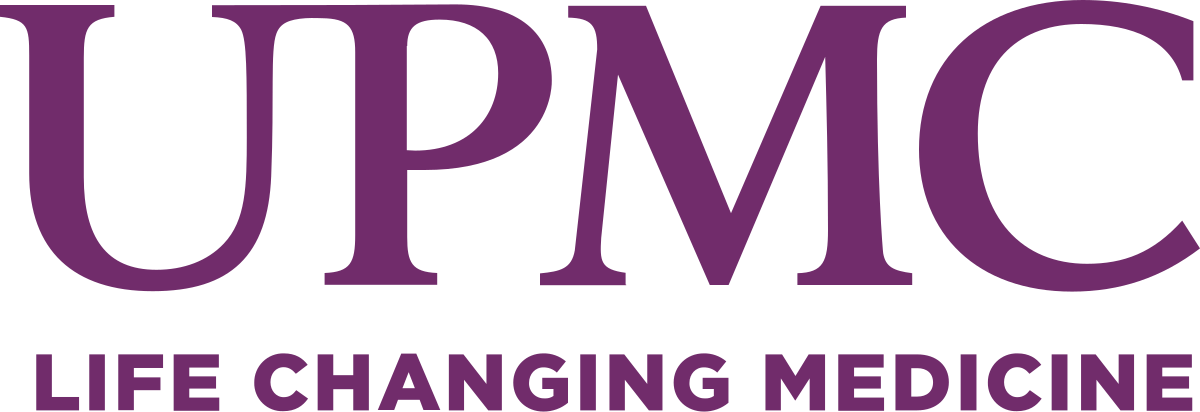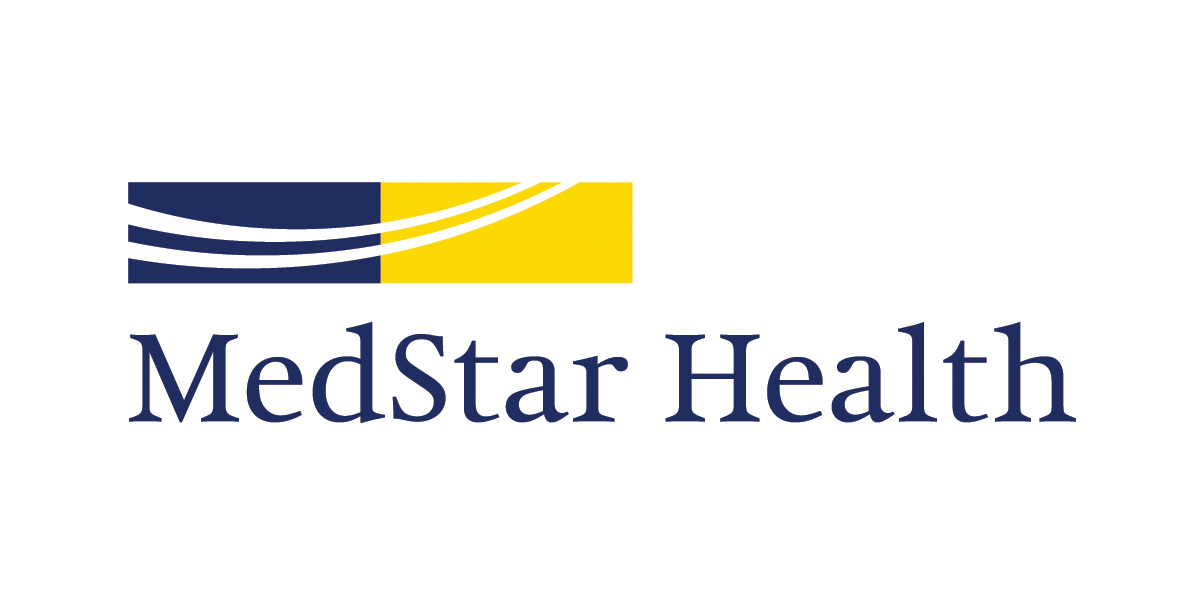Company Directory - University of Pittsburgh Medical Center
Company Details - University of Pittsburgh Medical Center

University of Pittsburgh Medical Center
WebsitePittsburgh, United States
University of Pittsburgh Medical Center (UPMC) is a leading nonprofit healthcare provider and medical center network based in Pittsburgh, Pennsylvania. It operates a network of hospitals, outpatient centers, and specialized care facilities, and is known for its commitment to clinical excellence, research, and education.
CCI Score
CCI Score: University of Pittsburgh Medical Center
-49.48
0.19%
Latest Event
UPMC Employees Mobilize for Unionization Amid Unfair Labor Practices
A group of UPMC Western Maryland employees are planning to unionize, citing relentless extended shifts, lack of formal contracts and unsafe working conditions. This union drive is a clear response to systemic labor practices that undermine worker rights and reflect negatively on the company's human rights responsibilities.
Take Action
So what can you do? It's time to make tough choices. Where will you cast your vote?
- Shop Alternatives
SEE ALL - Use Your Voice
OTHER TOOLS - Investigate
- Share the Score
SUPPORT CCI
QUISLING
University of Pittsburgh Medical Center is currently rated as a Quisling.
Latest Events
 MAR202025
MAR202025A group of UPMC Western Maryland employees are planning to unionize, citing relentless extended shifts, lack of formal contracts and unsafe working conditions. This union drive is a clear response to systemic labor practices that undermine worker rights and reflect negatively on the company's human rights responsibilities.
-60
Labor Relations and Human Rights Practices
March 25
The article reveals that UPMC employees at the Western Maryland location are organizing to unionize due to pressing issues such as mandatory extended shifts, absence of formal contracts, and unsafe working conditions. Such labor practices are indicative of broader systemic neglect of worker rights and suggest a disregard for labor-related human rights, aligning with authoritarian business practices. This rating reflects the negative impact these practices have on worker empowerment and democratic labor relations.
 FEB062025
FEB062025An analysis of UPMC's reported political contributions of $631,576 and lobbying expenditures of $970,000 in 2024, including indications of a revolving door with former government employees. These activities raise concerns about the company’s role in influencing policy decisions that may indirectly support authoritarian practices.
-30
Political Contributions and Lobbying Efforts
March 25
UPMC's significant political contributions and lobbying expenditures, alongside the revolving door phenomenon (with a notable proportion of its lobbyists having previously held government positions), suggest active participation in influencing policy. From an anti-fascist perspective, such financial political engagement can undermine democratic accountability and foster environments conducive to authoritarian practices.
 FEB052025
FEB052025SEIU health care workers at UPMC Washington Hospital authorized a potential strike amid failed contract negotiations. The workers cited inadequate wage increases, cuts to benefits, and an alarming rise in executive compensation, highlighting serious labor relations and human rights concerns.
-70
Labor Relations and Human Rights Practices
March 25
The dispute at UPMC Washington Hospital underscores significant labor relations issues under the 'Labor Relations and Human Rights Practices' category. The failure to uphold promises regarding wages and benefits, in contrast with a 47% increase in compensation for top executives, signals exploitative practices. These disparities not only harm frontline workers but also contribute to broader systemic imbalances, aligning with anti-fascist critiques of corporate practices that exacerbate social inequality.
 FEB042025
FEB042025Amid union discontent over UPMC's takeover of Washington Healthcare, SEIU healthcare workers at UPMC Washington Hospital authorized a strike vote. The dispute stems from claims that UPMC failed to invest in worker conditions, while executive compensation reportedly soared, exacerbating labor inequities.
-60
Labor Relations and Human Rights Practices
March 25
The article details ongoing labor unrest at UPMC Washington Hospital following its acquisition of Washington Healthcare. Workers, represented by SEIU, report that the institution has failed to deliver on promises to invest in the workforce and facility. This neglect, combined with a steep rise in executive compensation, underlines serious shortcomings in labor relations and worker rights. Such practices contribute to systemic inequities and can be interpreted as a tacit endorsement of profit-over-people policies that align with authoritarian tendencies.
SEIU healthcare workers at UPMC Washington Hospital reach contract
 OCT012024
OCT012024The U.S. Department of Justice has supported a lawsuit alleging that UPMC used acquisitions and restrictive employment contracts to monopolize the labor market in healthcare. The lawsuit claims these practices have led to reduced wages, increased workloads, and deteriorating working conditions for healthcare workers, raising serious concerns about labor exploitation.
-70
Labor Relations and Human Rights Practices
March 25
The DOJ-backed lawsuit against UPMC highlights the use of restrictive noncompete agreements and acquisition strategies that consolidate market power at the expense of healthcare workers. These practices have contributed to suppressing wages and overburdening staff, reflecting a broader neglect of fair labor practices and worker rights which align with authoritarian economic dynamics.
 OCT012024
OCT012024The DOJ has supported a lawsuit alleging that UPMC has used a series of acquisitions and restrictive employment contracts to monopolize the labor market, resulting in reduced wages and poorer working conditions for workers. This event highlights concerns over labor rights and the abuse of market power through monopolistic practices.
-80
Labor Relations and Human Rights Practices
March 25
UPMC is accused of employing restrictive employment contracts and leveraging its acquisitions to create a monopsony in the labor market. This behavior undermines fair labor practices and worker rights, as emphasized by the DOJ's support of the antitrust case, which warns of reduced wages and deteriorating working conditions.
DOJ Backs Worker Antitrust Case Against Pittsburgh Hospital (1)
-70
Economic and Structural Influence
March 25
The case against UPMC also reflects broader economic concerns where aggressive acquisitions and monopolistic practices contribute to an undue concentration of market power. Such practices distort competition and have negative consequences for economic fairness and workers’ welfare.
DOJ Backs Worker Antitrust Case Against Pittsburgh Hospital (1)
 FEB142024
FEB142024Mayor Ed Gainey described negotiations with UPMC that would have secured a $12.5 million annual contribution for the city as part of a potential $125M deal. Despite UPMC’s denial of any formal arrangement, the discussions raised serious questions about corporate influence in public policy and economic leverage over local governance.
-40
Public and Political Behavior
March 25
The discussions between UPMC and city officials, as recounted by Mayor Gainey, indicate an attempt to use corporate influence to shape public funding arrangements, thereby undermining democratic accountability. Although UPMC later denied any formal deal, the mere negotiation of such a proposal suggests engagement in practices that could compromise political integrity.
-30
Economic and Structural Influence
March 25
The proposed arrangement, which involved splitting a significant annual contribution and even designating board appointment powers, highlights how economic leverage can be used to influence local governance. This raises concerns about the potential for economic power to destabilize equitable public resource allocation and undermine transparent civic processes.
 AUG292018
AUG292018In partnership with the Allegheny County DA and Pitt, UPMC contributed $65,000 towards the installation of 60 new surveillance cameras throughout Central Oakland. Critics have raised concerns about the expansion of surveillance infrastructure, which, under authoritarian influence, could be used to infringe on privacy and civil liberties.
 FEB152016
FEB152016A PublicSource report highlights UPMC's nearly $6.3 million expenditure on lobbying from 2010 to 2015, raising concerns about the hospital network's influence over state lawmakers and its potential role in promoting policies that benefit corporate interests over public accountability.
-60
Political Contributions and Lobbying Efforts
March 25
UPMC's substantial spending on lobbying—averaging nearly $6.3 million over multiple years—indicates a significant commitment to influencing state legislation. Such extensive lobbying efforts can undermine transparency and increase the influence of corporate money in policymaking, which aligns with practices that embolden authoritarian and corporate-centric governance. This behavior is particularly concerning from an anti-fascist perspective, as it contributes to regulatory environments that favor private interests over public welfare.
Alternatives

New York, United States
-25.32

Los Angeles, United States
-4.09

New York, United States
-4.81

Brooklyn, United States
-8.30

Philadelphia, United States
-17.54

United States
-26.32

Norfolk, United States
-36.28

Escondido, United States
-43.66
Raigarh, India
35.51

Mumbai, India
1.42
Industries
- 621111
- Offices of Physicians (except Mental Health Specialists)
- 621210
- Offices of Dentists
- 621999
- All Other Miscellaneous Ambulatory Health Care Services
- 622110
- General Medical and Surgical Hospitals